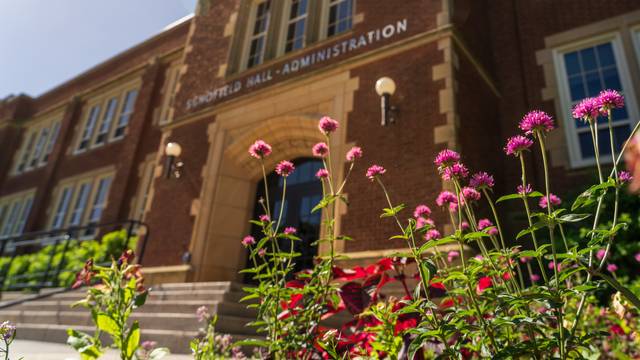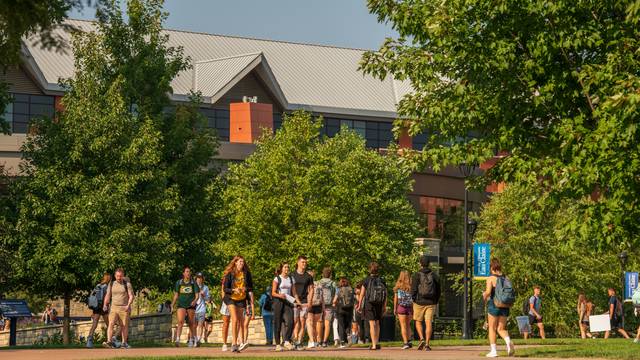Travel Safety in High-Risk Areas
If you are traveling for university-related purposes to a High-Risk area, you need to ensure that you are made aware of the safety and/or health risks associated with travel to such areas, that you can adequately prepare for travel, and that you fully understand you do so voluntarily. There may be risk factors related to transportation, health issues, crime, and finance among other practical matters. Other travel risks entirely depend on your degree of preparation and awareness. Through thorough and appropriate planning, it is possible to reduce most risks considerably, such that you can become a safe traveler and enjoy a “secure” trip!
Essential Safety Tips for Traveling
1. Keep your valuables hidden and avoid carrying large sums of cash
When traveling it's important to keep a low profile and avoid drawing attention to yourself. One way to do this is by keeping your valuables hidden and avoiding carrying large sums of cash. If you must carry cash or other valuable items, keep them in a concealed money belt or a secure purse or bag.
2. Use reputable transportation services and avoid unmarked taxis or ride-sharing services.
Using reputable transportation services, such as those provided by established taxi companies, hotels, or travel agencies, is a good way to stay safe when traveling to a high-risk area. Avoid using unmarked taxis or ride-sharing services, they may be operated by unlicensed or unreliable drivers. If you do need to use a taxi or ride-sharing service, make sure to verify the driver's credentials before getting in the vehicle.
3. Avoid walking alone, especially at night, and stick to well-lit and busy areas.
Walking alone in unfamiliar and potentially risky areas can make you vulnerable to crime and other dangers. Avoid walking alone, especially at night. Stick to well-lit and busy areas and consider using a local guide or joining a group tour to explore the local sights.
4. Keep a low profile and avoid drawing attention to yourself
Avoid wearing flashy clothing or jewelry and keep a low profile in public places. Don't discuss your travel plans or itinerary with strangers or share personal information online or on social media.
5. Dress modestly and respect local customs and traditions
Respecting local customs and traditions is an important aspect of staying safe when traveling. Dress modestly and avoid revealing clothing, especially in conservative or religious areas. Be aware of local customs and traditions and avoid behaviors that may be considered offensive or disrespectful.
6. Stay in well-reviewed accommodations in safe neighborhoods
Choosing safe and secure accommodation is an important part of staying safe when traveling to a high-risk area. Look for accommodations that are well-reviewed and located in safe neighborhoods. Consider using online review sites or travel forums to research the best options.
7. Be cautious of accepting food or drinks from strangers
Accepting food or drinks from strangers can be risky, especially in a high-risk city and/or country where there may be a greater risk of food or drink tampering. Be cautious of accepting food or drinks from strangers and avoid leaving your drink unattended in public places.
8. Stay connected with family and friends back home, and let them know your itinerary
Staying connected with family and friends back home is an important part of staying safe when traveling. Make sure to let them know your itinerary and check in with them regularly to let them know you're safe. Consider using a messaging app or social media to stay in touch.
9. Keep important documents, such as your passport and travel insurance information, in a safe place separate from the originals
Keeping important documents, such as your passport and travel insurance information, in a safe place separate from the originals is an important part of staying safe when traveling. Make copies of important documents, and keep them in a secure location, such as a hotel safe or a hidden pocket in your luggage.
10. Be aware of emergency procedures and how to access emergency services
Being prepared for emergencies is an important part of staying safe when traveling, know the local number for emergency services, locations of hospitals and police stations and which ones are closest to your visit.
Summary
By conducting your research before traveling, preparing, and engaging with the local customs and enjoying the local traditions, you will have a safe trip to remember. Making the proper preparations will avoid many disasters along the way and make travel less of a hassle and safer!


